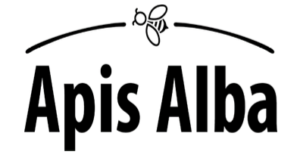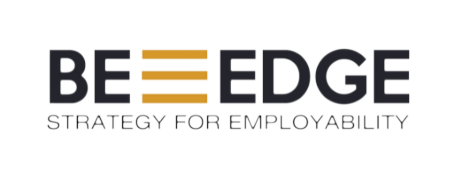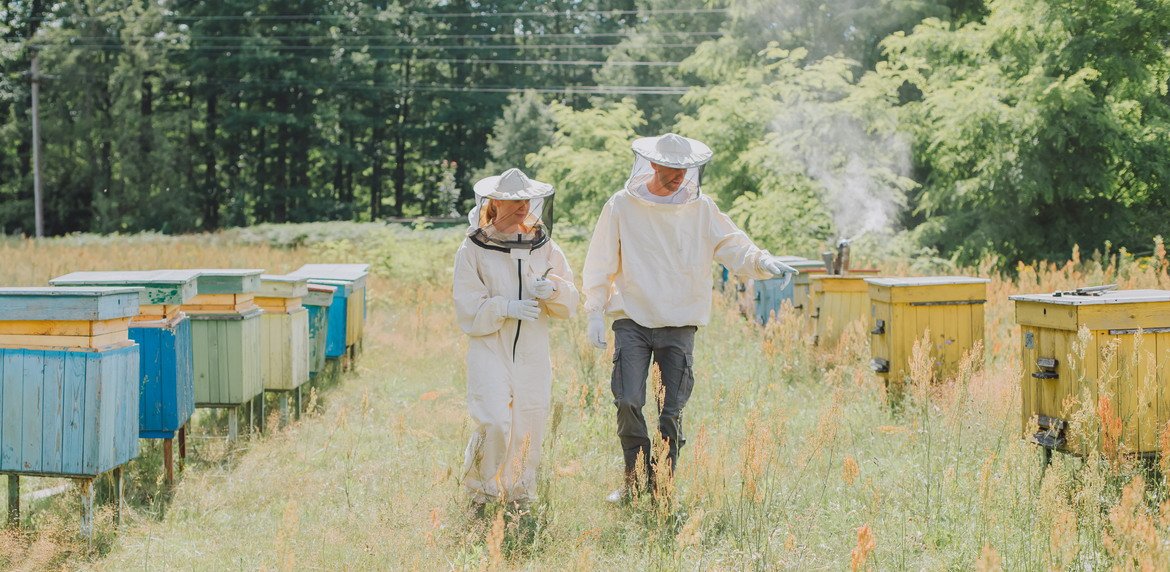Apis Alba Ltd. Expansion into North America
Title: Apis Alba Ltd. Expansion into North America
Subject Area: International business
Region: Belarus, Canada, and Mexico
Industry: Honey, Organic packaged foods
Company: Apis Alba Ltd.
Clients: Olga and Alex Gavrilik (co-founders)
Dilemma: This case involves a Belarusian company, Apis Alba Ltd. (“Apis”), which makes raw, whipped honey in Belarus and tends to focus on the health benefits of their products. In light of several recent challenges, the owners need to decide to which country they should expand to increase their sales via globalization of markets. Within the North America region, the company was interested in exploring Canada and one other region.
Investment to Personal Capital:
This project helped us gain new perspectives and insights regarding international business decisions. We all learned to seek out certain types of information to help us make informed choices that could be applied to our future careers in various industries.
Maria: This project put into action everything we have been learning in the lectures and helped work together as a team to make the best possible decision on global expansion. It helped put it all into perspective and allowed me to analyze a real situation that will help me in the future to make more innovative and critical decisions using the steps and skills we learned to come up with the best solution.
Charlie: This project strengthened my ability to factor in multiple pieces of data and make an educated decision off the analysis. I feel as though I have a better understanding for how thorough to be before making a business decision.
Matt: This project helped me understand that different countries have different priorities and cultures when it comes to doing international business. It helped me to understand markets that are outside of my comfort zone. This will help me in my career because now I understand that every person may not have the same thoughts, priority, or culture in business. This will help me be a more effective businessperson.
Colin: This helped me better understand the depth of analysis that goes into market expansion and the numerous viewpoints and considerations that need to be reviewed before making a decision, regardless of industry.
Katharine: Before starting this course, I had very little understanding of the scope of International Business aside from the fact that firms operated in multiple countries. I never took business courses in my undergraduate career so everything I learned about international business was in a non-academic, learning-by-doing experience.
Investment to Social Capital:
Our team needed to listen to our clients to understand which market may be the best fit for them. We looked closely at the information the clients provided, asked them intentional questions, and had intentional conversations with each other to determine how the information we gathered through secondary research may match with the clients’ goals.
Maria: I used my background knowledge of how my overseas family’s thought process works and tried to use that to compare to the Belarusian clients we were working with. The cultures are not the exact same but I tried to find similarities between the two in order to build my questions and help identify the issues more clearly in order to provide them with the best result.
Charlie: It was important to put yourself in the clients’ shoes to fully understand what their end goal was. It is important to think about how they will view the information that is presented to them as they could come up with an entirely different conclusion than someone else would.
Matt: I enjoyed working within our team to research, analyze, and construct our case study. It was interesting to see everyone with differing ideas on the analysis we conducted and what was most important for Apis Alba when looking to expand. There was no one in our group that worked in the same industry as me, which was also great because each person brought a different background and professional experience.
Colin: I paid attention to the clients’ story and how it connected (or not) to the various aspects of the potential markets under consideration to better find matches between their strengths and market opportunities. We really had to know their perspective before undertaking the rest of the project.
Katharine: I currently working for a multi-national corporation that is headquartered in Boston. I primarily work with colleagues in Boston but occasionally collaborate with colleagues elsewhere (primarily in Europe – London, Zurich, and Milan). Also, I worked on a team that covers Latin American clients, so the main point of my exposure is through non-colleagues: clients, prospective clients, or business partners.
Investment to Professional Capital:
We examined political, legal, economic, technological, social, and environmental factors in each market, the industry in each country, and the background of the company to compare the two potential expansion markets and decide on Canada as the better fit. Specifically, given these frameworks, we decided the clients should export their products from Belarus using a localization strategy and determined certain cultural factors that the company should consider when doing so. Each team member played a role in analyzing information to come to a group consensus for a decision.
Maria: We made a professional decision and went through a professional analysis in order to reach our decision. Between what we learned about in class and our own professional working backgrounds, we gathered our ideas to best fit the clients’ needs and to bring success to the company’s future. We were able to research and tie together our findings which helped add value to our analysis.
Charlie: Again, the importance of being thorough and following the framework to ensure that all grounds are covered, and all relevant information has been collected before making any decisions. Once the decision is made, that is not the end of the process, just an indicator that the next step can be taken. The recommendation/implementation plan is just as important as the pre decision analysis.
Matt: We made the recommendation to Apis Alba to expand to Canada based on our analysis. Canada has an established and stable honey industry coupled with excellent business practices. Mexico has a reputation of corruption, which was a significant red flag.
Colin: To solve the challenge, we needed to rely on what the research told us and the patterns we were able to find. Beyond selecting a market, we needed to determine what recommendations to make for the clients given what we knew about them and the specific market we chose to best support them.
Katharine: Cultural competency will be key to becoming a manager at my firm. Not only will I be expected to collaborate with colleagues across the globe but I may be asked to visit international offices. This course has given me the perspective of how, despite the ease of international communication facilitated by technology, there are real cultural differences that need to be considered when operating across (and even within) difference countries.
Capitals’ Utilization:
We each had our own takeaway from the project about how we hope to leverage our experience for our future professional endeavors.
Maria: Moving forward, what I hope to take away from the experience I learned in this project is how to organize myself in a big project like a global expansion. I think it is important to know how to organize your thoughts and steps you will take to address, analyze, and implement it all. I am hoping this will make me think more in-depth about business decisions and really connecting strengths with opportunities in any type of decision that comes my way. I am hoping this will help in my current position but also in any future industry that I work in.
Charlie: I would like to take the skills I learned from this class to apply them to my current and future roles in decision making. Though the framework may not be fully relevant, there are certain skills I learned that can be translated/adjusted to use in my current role.
Matt: I really enjoyed the analysis of the markets and specifically learning about the culture surrounding the business environment. Moving forward, I will always consider the business culture when analyzing markets and potential places of business.
Colin: In the future I hope to use the frameworks used in this project to help break complex problems into more manageable challenges. Whether regarding international expansion or other issues, it is important to ensure that we don’t overlook details or make assumptions unfairly as we navigate complex issues.
Katharine: The Hofstede dimensions will stick with me the most. Prior to learning about the dimensions, I was informally aware of cultural differences but did not have the framework to talk about (and then act upon) them effectively. Understanding the uncertainty dimension has had the biggest impact; when I communicate with people in Latin America (generally speaking are amenable to more uncertainty) I am more forthright to set deadlines and expectations for the types of information or deliverables I need from them.









0 comments
Write a comment